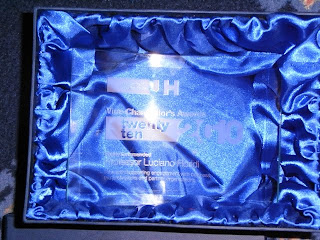The ethics of WikiLeaks
The Wikileaks phenomenon is intricate, but suppose we reduce its ethical evaluation to two questions: is whistleblowing ethical, even when motivated by resentment and the desire to harm its target? And is Wikileaks’ facilitation of whistleblowing ethical, even if it might put at risk innocent people? A deontologist, convinced that telling the truth and never lying is an absolute must, is likely to appreciate whistleblowing as the right thing to do, independently of the reasons behind it. And a consequentialist may support Wikileaks as a means to maximise the welfare of the largest number of people, especially if risks are minimized by censuring sensitive information. So current answers in the mass media seem to converge: Wikileaks is a good thing. I am not entirely convinced. Confidential communication is a three-player game – sender, receiver and referent – in which sender and receiver trust each other. The receiver, not the referent, trusts and holds responsible the sender f...
